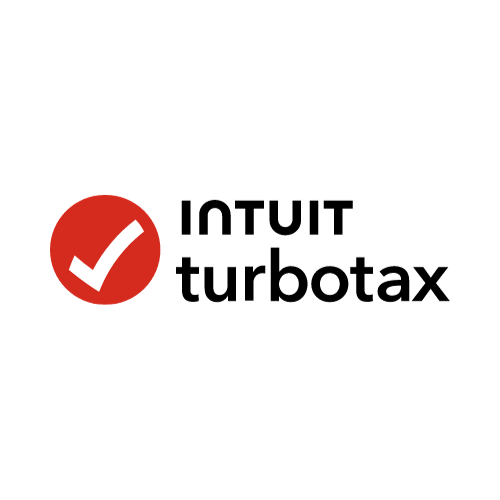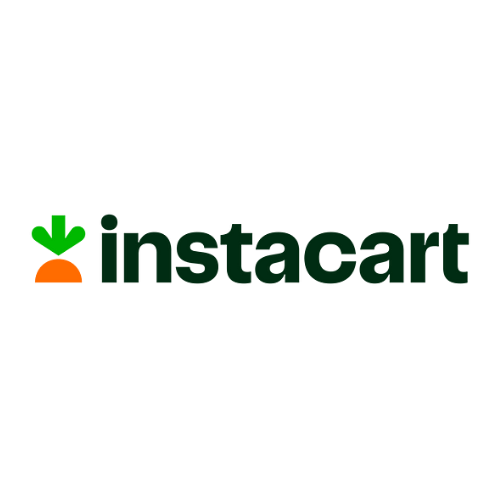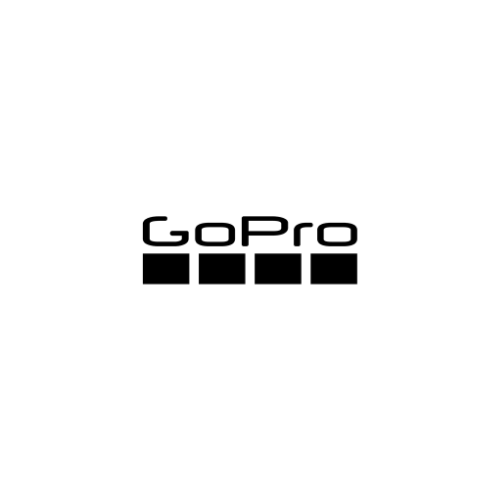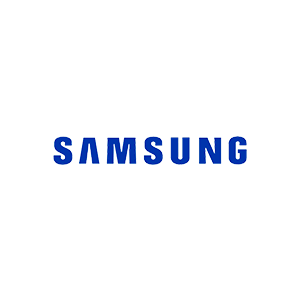If you buy something using links in our stories, we may earn a commission. This helps support our journalism. Learn more. Please also consider subscribing to WIRED
At the risk of sounding like a sanctimonious teenager on Booktok, let me humblebrag for a second: I’ve read nearly 100 books so far this year. Turns out it wasn’t that hard and didn’t cost an arm and a leg. My goal for 2023 is to read 200 books.
As a kid, I was obsessed with reading. I always had my nose between pages, much to the chagrin of my parents, teachers, and anyone trying to have a conversation with me over the dinner table. Like many of my peers, I stopped reading so voraciously as I got older, gradually letting the hobby fall by the wayside. Reading was too much work and not enough fun. In the summer of 2020, my partner gifted me a Kindle, and ebooks have ever since changed my life. None of this is hardly new—the Kindle alone has been around for more than 15 years, and digital books are even older—but it still feels like they’re underrated. Allow me to re-introduce their benefits.
I enjoy a good physical book as much as the next gal, but over the past few years, I’ve found myself reaching for them less and less. Ebooks don’t take up any physical space. There’s no need to schlep them around in a bag, no late fees if you forget to return them to the library, and no spilled coffee disasters to worry about. Having thousands of ebooks in your pocket is a plus, but a small footprint isn’t the best ebook benefit.
Having a built-in dictionary in Kindle rules. Rereading the first 5 percent of Gravity’s Rainbow would be a whole lot harder if I couldn’t look up a word on the fly. That goes double for a built-in translation tool, and a quick Wikipedia lookup is handy when trying to build a picture in my head. The protagonist’s favorite flowers are zinnias—what do those look like again? Digital reading lets you find out the answers in a few taps. I also love that I can color-code sections of ebooks that are especially inspiring.
Kindles have Amazon X-Ray on supported titles, which lets me double-check things like family trees in epic sagas like Game of Thrones. This ebook reader also pats me on the back when I break a new reading streak. Gamified reading is awesome and genuinely encourages me to keep going. Importantly, most of these tools are housed within the reading experience so I never have to swipe away or pull out my phone and get distracted.
I’ve also found ebooks to be more accessible than physical books. Adjusting the font size or style, background color, brightness, and screen warmth prevents eye fatigue. It’s easy to escape the clutches of bad kerning, and you can zoom in on the details of an illustration. Take that, nearsightedness!
Reading gets a whole lot less stressful if you stop giving a heck what others think. You don’t need to read the latest nonfiction biography or self-help book. You don’t need to read Dostoyevsky or Pynchon. Why would you subject yourself to slogging through something just because you think you ought to? This isn’t a high school English class. Nobody is going to give you a bad grade.
The process of picking out a physical book can be overstimulating and overwhelming. Is the librarian judging me for not remembering the Dewey Decimal System? What was the name of that one series my friend’s friend commented about on Reddit? Discovering and trying new books is better when you do it at your pace in your pajamas.
Booktok (also known as bookworm content on TikTok) is one of the more well-known discovery tools, but most creators focus on one or two specific fiction genres. I’ve had good luck discovering new authors and series to try out on various subreddits on Reddit. Shopping algorithms can be useful as well—take a look at what other book reviews reference, or what other people purchased after the title in question. You can even join an online book club to find like-minded bookworms and get their recommendations.
Goodreads has been around forever, as evident by the archaic user interface and clunky app. It’s also owned by Amazon, which can be a deterrent for some, but it’s still one of the better communities for reviews and book discovery. You can follow authors or fellow genre enthusiasts, and add books to a “want to read” shelf to find them later on. Goodreads also keeps track of how many titles you read in a given time period, and customizable digital shelves allow you to file them into your own system.
I personally love and recommend Kindle Unlimited—Amazon’s ebook subscription service paid for itself immediately. You pay $10 per month and get access to 2 million digital titles. What’s not to love? But there are other ways of obtaining ebooks that don’t involve a paid subscription. If you have a library card, there’s a good chance you can use Libby or a similar service to borrow digital books for free (though you may still have to contend with a waitlist). Websites and apps like Kobo, Barnes and Noble, and Apple Books have a huge selection too. You can also snag ebooks through the public domain and review copy websites. Binge-reading has never been so cheap or easy. If you purchase à la carte, keep in mind that digital books go on sale quite often.
There’s a vast world of books out there. Abolish the concept of a guilty pleasure. Find a genre that interests you and embrace it without shame. Maybe you want 12 rich werewolf boyfriends. Maybe you want to learn a new skill, solve a mystery before the protagonist does, or find out if the book is indeed better than the movie. There’s a book genre for everybody, and ebooks offer a way to read without fear of judgment. I think it’s better to have read a gazillion mystery novels than to have never read at all.
If you can read this sentence, you have time to read a book—and the only tool you need to do it. Now you just need to find the time. I suggest sneaking it in. Aim for 10 minutes a day. Read a few pages while standing in line, while you’re at the gym, or when you’re hiding in the bathroom at work. Take a five-minute break from doomscrolling on Twitter and read the next few pages of your latest ebook download.
They’re pretty affordable, but you don’t need a dedicated ebook reader to read ebooks. There are plenty of free reading apps for phones, tablets, and computers. Just turn on do-not-disturb mode and consider lowering the screen brightness to cut back on the glare. Once you get over the initial adjustment and tweak a few settings, it won’t feel like you're staring at a screen.
This year, my vocabulary has improved, I’m better at spelling, and my worldview has grown. Ebooks can be tools for learning or escaping—or both. They’ve kept me company in waiting rooms, during long plane rides, and while trying to look busy when faced with a bout of social anxiety at the coffee shop. If it’s been a while, give it a shot. Just don’t judge my Goodreads account.
Special offer for Gear readers: Get a 1-Year Subscription to WIRED for $5 ($25 off). This includes unlimited access to WIRED.com and our print magazine (if you'd like). Subscriptions help fund the work we do every day.









